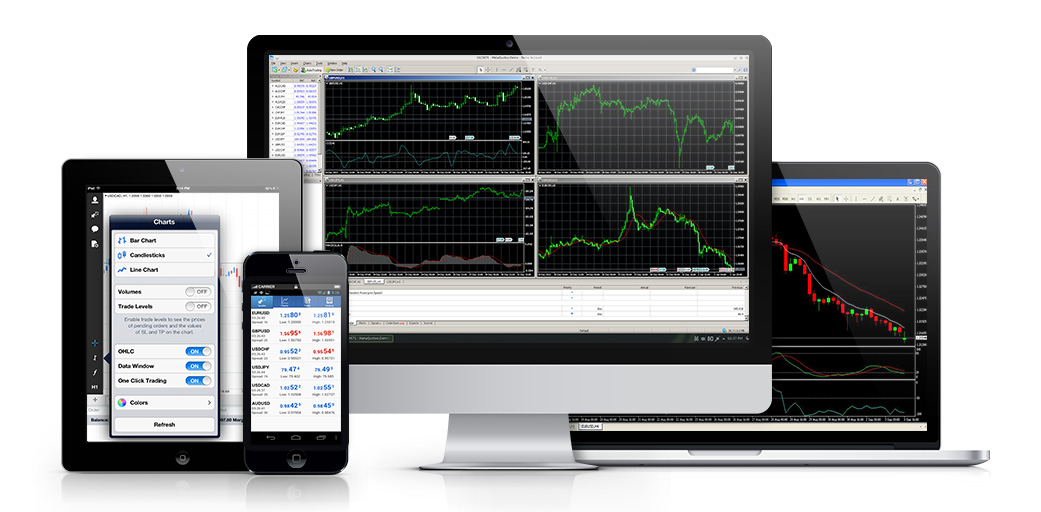Trading in stocks, shares, forex, commodities, ETFs, gold, and anything else has never been easier. Long gone are the days where men in suits and ties screamed at each other on the New York Stock Exchange. Trading has moved on. Anyone can learn how to trade and thanks to the wonders of technology, you can build an online trading portfolio from your armchair and you don’t need a broker to do it.
Online trading platforms are perfect for amateur traders. You don’t need to be an expert to use an online trading platform and most have a demo account option, so you can practice for free without blowing your savings account. For this, you should get acquainted with how online trading really works so that you can understand the basics. For instance, when it comes to trading UK websites are filled with plenty of helpful resources where you can find further information. Also, there are several different types of trading platform, so you need to know how to choose the right one. For example, you can choose between MT4, L2 Dealer, ProRealTime, and others. They all use different programming languages and offer different features.
Here is a quick guide to the features you need to watch out for when choosing an online trading platform.
Demo Accounts
We have already mentioned this, but it is essential that you don’t underestimate the importance of a demo account. Unless you’re a pro, a demo MetaTrader 4 account is a golden opportunity to test the waters without risking your money. Try out the features, test your trading strategy, and play around until you feel comfortable enough to deposit some money in a trading account.
Most reputable online trading accounts offer demo accounts. If your firstchoice doesn’t, try #2 on the list.
Accessibility
The beauty of online trading is that you can access your account anywhere. The financial markets cycle through time zones, so in theory, you can make trades 24/7. However, if your trading platform doesn’t have an app, you will be missing out. Look for an online platform that offers convenience and accessibility.
Easy-to-Use Interface
Some online trading platforms are easier to use than others. There will always be a learning curve, but the platform you select shouldn’t be so difficult to use that you are still scratching your head after a month.
Is there plenty of support options? You need to know you can talk to a real person if you have a technical issue. Dealing with an AI bot is not very comforting when your account has gone into lock-down.
Access to Trading Tools
Newbies can benefit from useful trading tools such as Stop Loss. This puts the brakes on a transaction when it drops below a certain limit. The best online trading accounts have plenty of useful tools to help you manage your account. Tools make investing less risky and more fun.
Look for a trading platform that links to trading charts and trending alerts. Real-time news and relevant information will help you make more informed investment decisions.
Finally, read reviews. Find out what other people think of the trading platform before you sign up for an account. If you find lots of bad reviews, look for a different provider.
